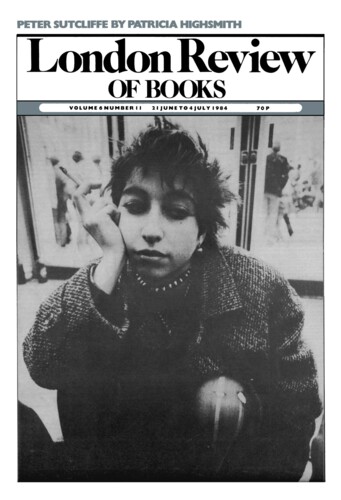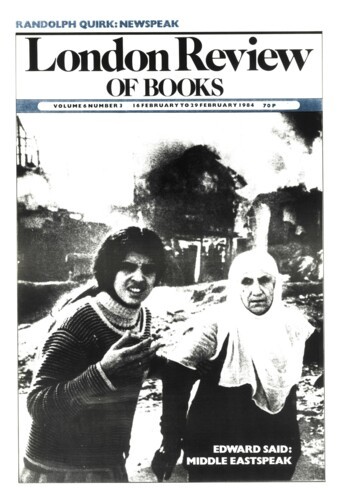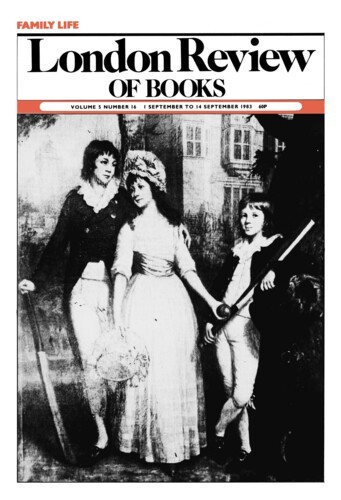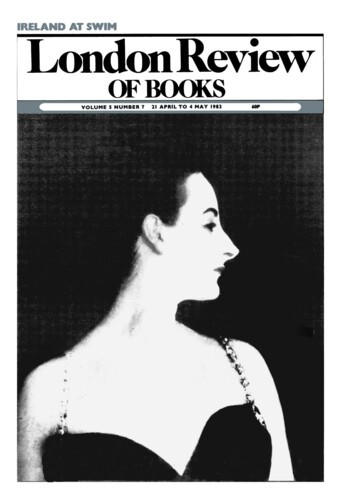Brave as hell
John Kerrigan, 21 June 1984
In 1964, the quatercentenary of Shakespeare’s birth, two very different books appeared. Anthony Burgess’s tribute to the poet, Nothing Like the Sun, was a boisterous biographical novel full of sugared sack and bawdry, with sombre undertones of decay. Taking literally the references in Shakespeare’s sonnets to a mistress ‘black as hell’, Burgess made the Dark Lady of his story a voluptuous East Indian who, after seducing the dramatist, inspired the tragic plays of his maturity by giving him a dose of syphilis. A.L. Rowse, meanwhile, edited the sonnets themselves. Already the author of a large-scale life of the poet, and, as a historian, well-placed to deal with at least one aspect of the verse, Rowse produced a volume that was ultimately unsatisfactory. Nevertheless, his edition was recognisably a work of scholarship, displaying some of the prudence looked for in the form. Unlike Burgess, for instance, Rowse refused to identify or sketch a Dark Lady, because he thought the evidence insufficient. The last two decades have changed all that. While Burgess has pursued the spirit of Shakespeare through a film-script, a popular biography and, now, an Enderby novel – feigning, in the process, notable images of the poet – Dr Rowse has drifted into fantasy. Having discovered a Dark Lady in the Bodleian, and been seduced by her, he has ended up writing, in the latest version of Shakespeare’s Sonnets, fiction disguised as scholarship.–




